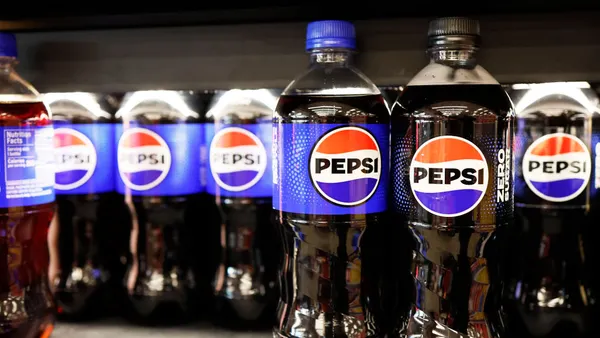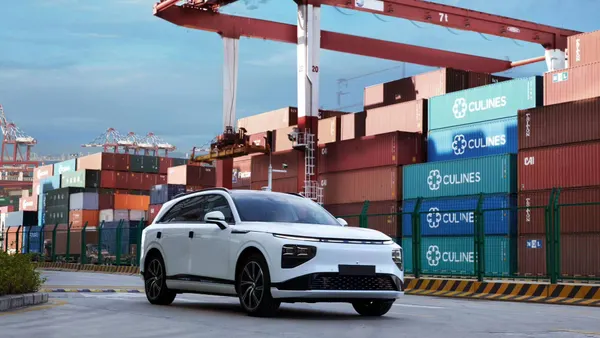Dive Brief:
- Fiat Chrysler Automobiles and Peugeot S.A. have agreed to a merger the companies estimate will result in 3.7 billion Euros ($4.11 billion) worth of cost savings, including 1.48 billion Euros ($1.65 billion) related to purchasing "benefiting principally from scale and best price alignment," according to a press release.
- The merger will create the fourth-largest global automotive OEM by volume and third-largest by revenue, according to the announcement.
- Combined resources will allow the new company to invest in the development of "new energy vehicles, sustainable mobility, autonomous driving and connectivity," the release said. This comes as automotive companies invest billions to secure the supply and partnerships needed for electric and autonomous vehicles.
Dive Insight:
The procurement benefits of deal-making should be one of the main focal points of M&A, according to a report by the consulting company Accenture.
"Accenture experience confirms that supply chain synergies may constitute 30% to 50% of merger-related increases in shareholder value," the report reads. "And of all supply chain synergies, increased shareholder value depends most heavily on the ability to quickly integrate sourcing and procurement operations."
The procurement of goods can represent 60% to 80% of a manufacturing company's total costs, Efficio Consulting COO and co-founder Alex Klein, told Supply Chain Dive in an email earlier this year. Negotiating savings on this is easiest when the purchasing volume increases.
And the numbers from FCA and PSA Group show they expect pretty significant benefits from their new economies of scale.
This ability to find savings and bring more buying power to the negotiating table will likely come in handy in the current auto environment as OEMs explore electric options. FCA and PSA Group are joining forces at a time when the future of procurement in the electric battery space is somewhat uncertain.
"Those synergies will enable the combined business to invest significantly in the technologies and services that will shape mobility in the future while meeting the challenging global CO2 regulatory requirements," the companies said in their announcement.
The demand for lithium, cobalt and nickel — metals used in electric car batteries — is expected in increase. And current production levels won't be enough to cover the demand, according to a Wood Mackenzie report cited by CNBC.
Tesla executives have voiced fear. Speaking at a closed-door conference in May, Sarah Maryssael, Tesla's global supply manager for battery metals, said there is a real concern of a shortage of minerals for electric vehicle batteries, according to Reuters.
The shortage of lithium alone could add up to a 100,000 metric ton shortfall by 2025, according to 2018 report from the United States International Trade Commission on the supply chain of electric vehicle batteries.
The auto industry is investing heavily to figure this out. And PSA Group and Fiat aren't the only ones teaming up to do so. Earlier this month, General Motors announced a joint venture with LG Chem that will invest $2.3 billion in the mass production of electric vehicles, which followed the expansion of GM's battery lab last year.
This story was first published in our weekly newsletter, Supply Chain Dive: Procurement. Sign up here.











